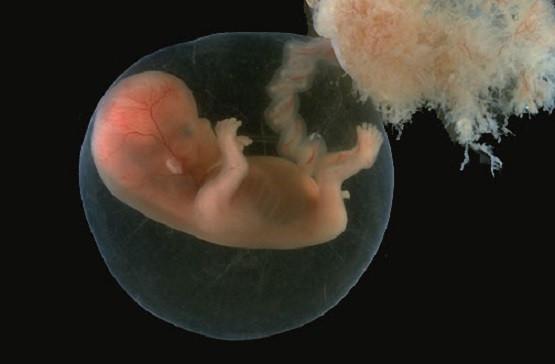On October 22, a three-judge Chancery Court panel ruled against Tennessee strongly protective abortion law, holding that amendments in 2023 and 2025 to 2022’s Human Life Protection Act were inadequate “to protect the lives and health of pregnant women in Tennessee,” according to reporter Anita Wadhwani.
The judges, Chancellor Patricia Head Moskal, Judge Sandra Donaghy, and Chancellor Kasey Cullbreath, unanimously rejected attorneys for the state who asked for a ruling in their favor, without a trial.
The law was passed in 2019 in anticipation of the overturning of Roe v Wade—a so-called “trigger law.” It said that if/when Roe was overturned, Tennessee’s pre-1973 protections would be restored, and aborting almost all children would again be against the law. That law passed the state Senate by an overwhelming vote of 23-5 and the House by an equally lopsided vote of 68-17.
SUPPORT LIFENEWS! If you want to help fight abortion, please donate to LifeNews.com!
At oral arguments on July 1, Jenna Adamson, assistant solicitor general in Tennessee’s Office of the Attorney General, told the panel that the lawsuit was now moot because the 2025 amendment added “medical necessity exceptions.” These “significant changes,” made to Tennessee’s abortion law, Adamson, argued, “makes this a different case.”
Background
The lawsuit, “originally filed in 2023, represents seven Tennessee women denied emergency abortions and two physicians who say they fear criminal prosecution for providing lifesaving care,” Wadhwani reported. “The American Medical Association joined the challenge in March.”
In 2023, lawmakers amended the law, which took effect in 2022 once Dobbs overturned Roe v. Wade, to include a “medical condition exception.” The law was further amended in 2025 to include the four conditions outlined by the chancery court ruling’s 2024 ruling.
That ruling, Wadhwani wrote,
outlined four specific pregnancy-related conditions that qualify as “medical necessity” exceptions to the state’s abortion ban, noting the “confusion and lack of consensus within the Tennessee medical community on the circumstances requiring necessary health- and life-saving abortion care.”
The 2025 legislation, however, excluded the all-purpose “mental health diagnoses” as an exception to the state’s abortion law. The panel’s decision “allows the plaintiffs to challenge the lack of a mental health-related exception to the abortion ban,” according to Wadhwani.











